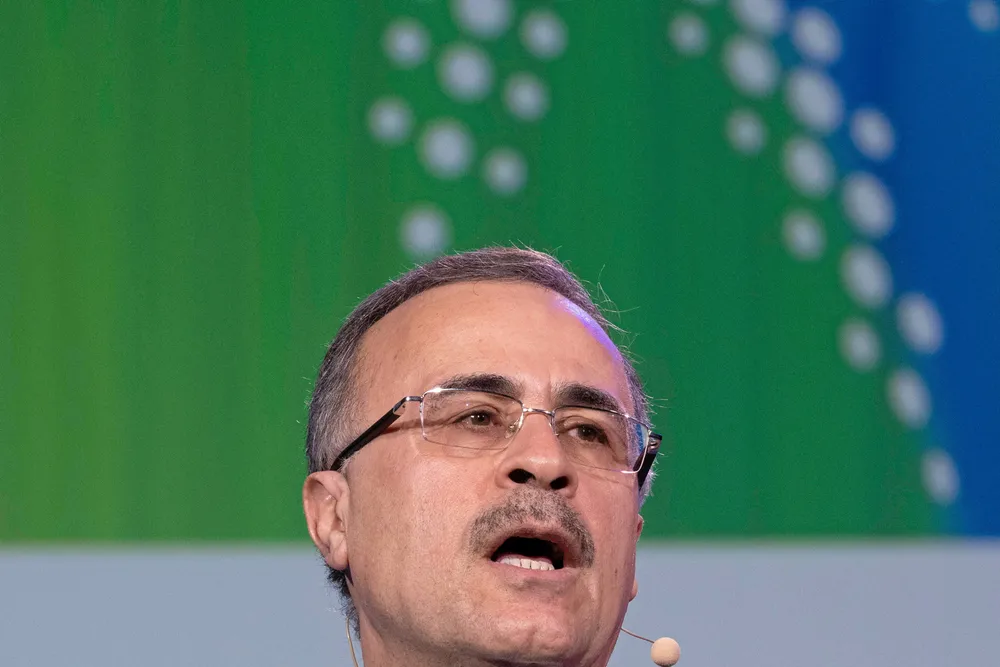Saudi Aramco chief says supply crunch shows need to rethink energy transition
Nasser said companies are afraid of investing in oil and gas as they face green energy pressure

Nasser said companies are afraid of investing in oil and gas as they face green energy pressure
